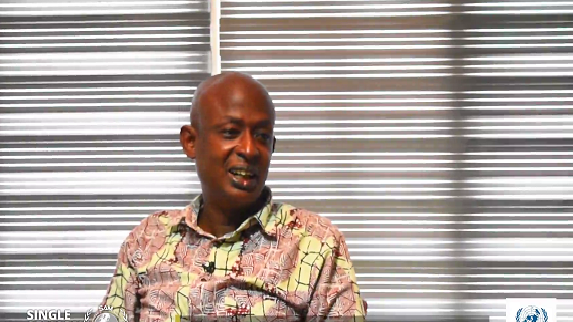The International Chamber of Commerce (ICC) called on G7 governments to spearhead a concerted diplomatic and logistical effort to restore trade in Ukrainian grains and vegetable oils – as well as fertilisers from Russia and Belarus.
Global food prices have been pushed to record highs since the onset of the war in Ukraine – a trend that will impact developing and low-income countries most acutely.
Fertiliser prices have risen at an even steeper pace, raising concerns that crop yields in 2022 and 2023 could be severely diminished around the world.
According to the ICC, a global food shortage risks major economic and political implications for developed countries – and, most worryingly, a threat of famine and a debt crisis in the emerging world.
Prior to the war, Ukraine accounted for a significant proportion of the world’s wheat and sunflower oil supply; while Russia was the largest global exporter of fertilisers.
Current market projections suggest that this gap in supply cannot be closed by tapping alternative sources or bringing new supplies online alone.
In this context, ICC has called for the G7 – in coordination with the European Union – to implement a four-step approach to reopening the agricultural corridor with Ukraine, Russia and Belarus, specifically by establishing a “humanitarian corridor” to enable the safe passage of Ukrainian grain and vegetable oil exports via the Black Sea – including guarantees from the Russian Federation that it will allow safe passage of all vessels transporting agricultural products.
It also called for accelerating the implementation of “Solidarity Lanes” to speed the shipment of Ukrainian agricultural products through ground routes, building on recent proposals from the European Commission to boost rail and road transport capacity and speed customs processes in neighbouring countries.
According to the ICC, there is the need to significantly scale up the availability of risk guarantees for trade finance and insurance coverage for transactions with Ukraine – ensuring that banks and insurers have the necessary capacity to facilitate a rapid resumption in food exports whilst removing prevailing European sanctions on Russian and Belorussian fertilisers, coupled with the establishment of a political “safe-harbour” to provide the necessary legal certainty for trade in essential nutrients to resume.
ICC Secretary General John W.H. Denton AO said: “Without rapid and radical action it’s clear that the world now stands of the brink of a catastrophic food security crisis that will hit the world’s poorest most acutely.
Re-establishing the agricultural corridor with Ukraine must be the principal priority of the G7 in the coming weeks. This is an impending – and entirely foreseeable – emergency that can only be averted by immediate political interventions.
“We very much welcome the call this week from the UN Secretary General to reopen the Black Sea to agricultural shipments from Ukraine. We now need all governments to get squarely behind this vital diplomatic effort.
“If we are serious about advancing peace and prosperity throughout the world, the global food system must not become another victim of the senseless war in Ukraine.”
ICC Ghana Secretary General Emmanuel Doni-Kwame said: The Covid-19 pandemic taught us one thing “food is non-negotiable”, we add our voice to keep food and agricultural products free of sanctions.”










